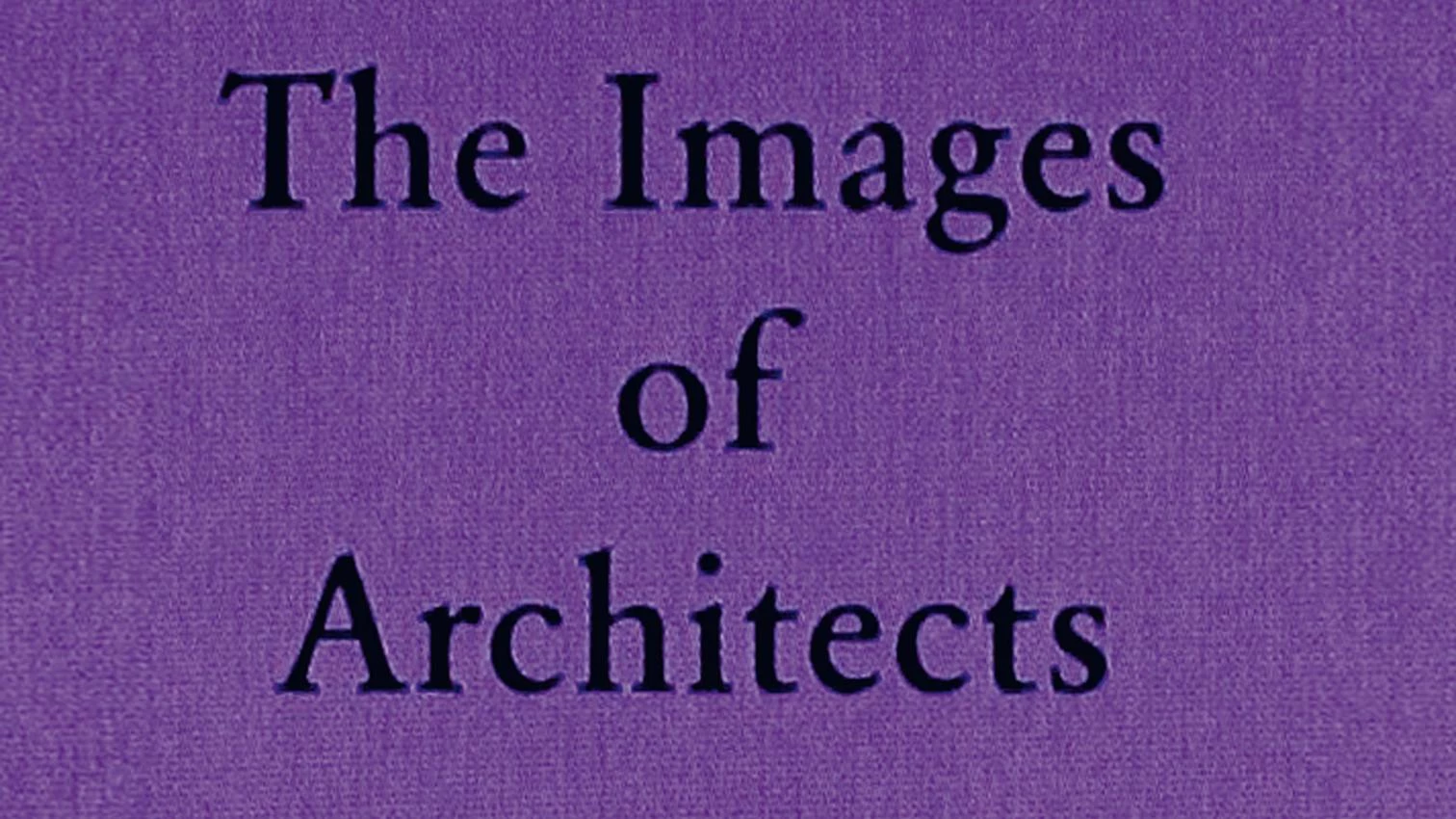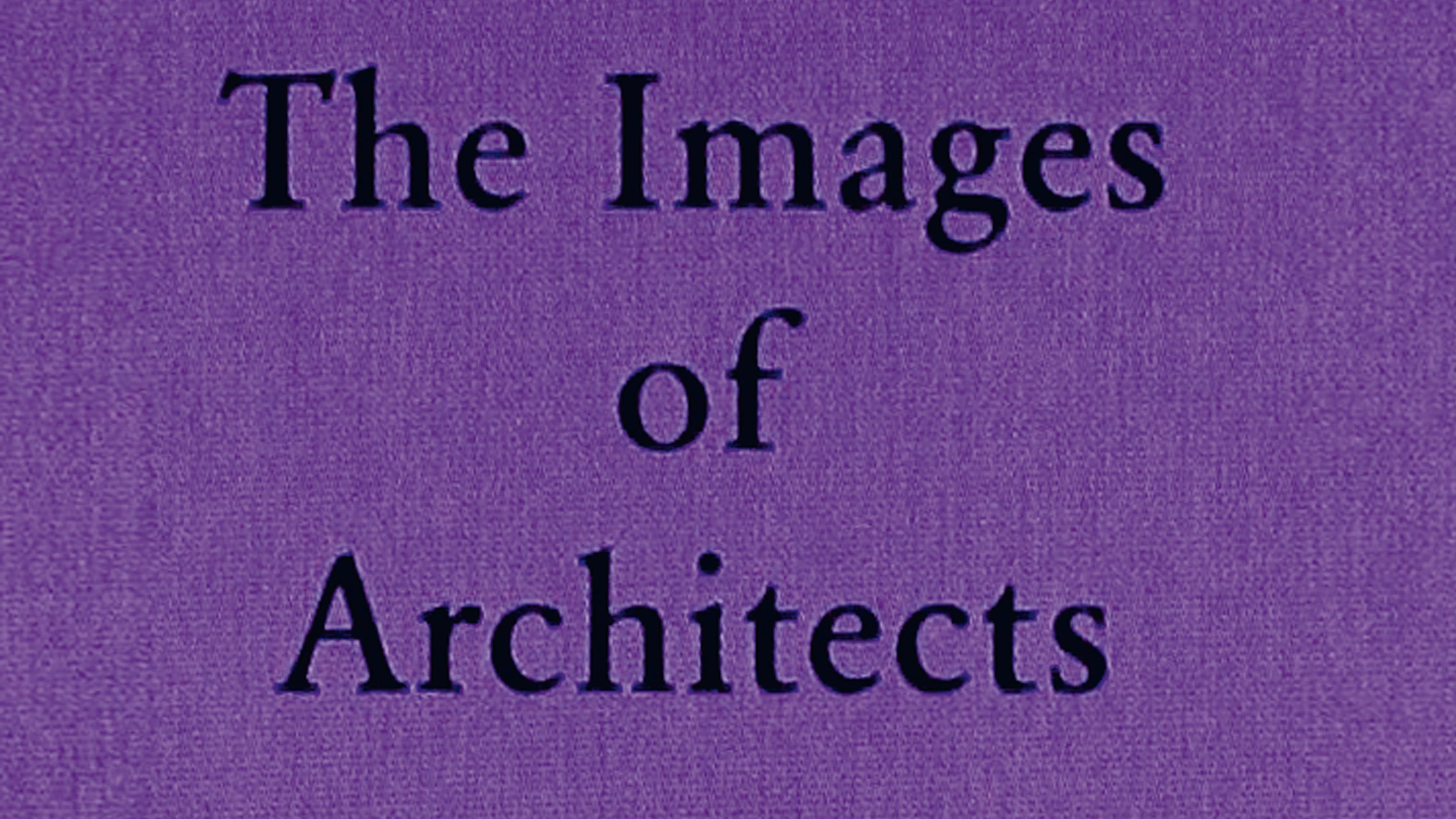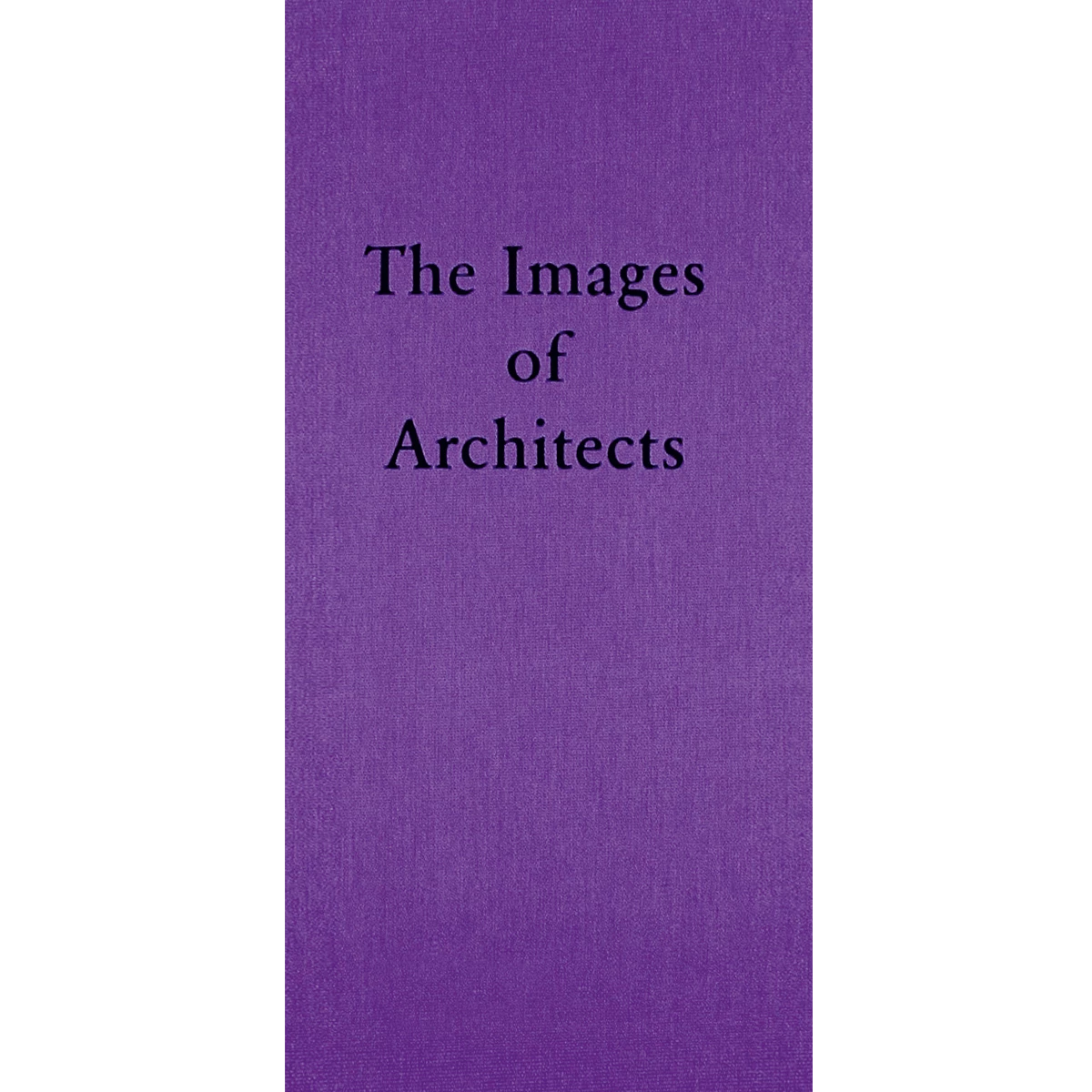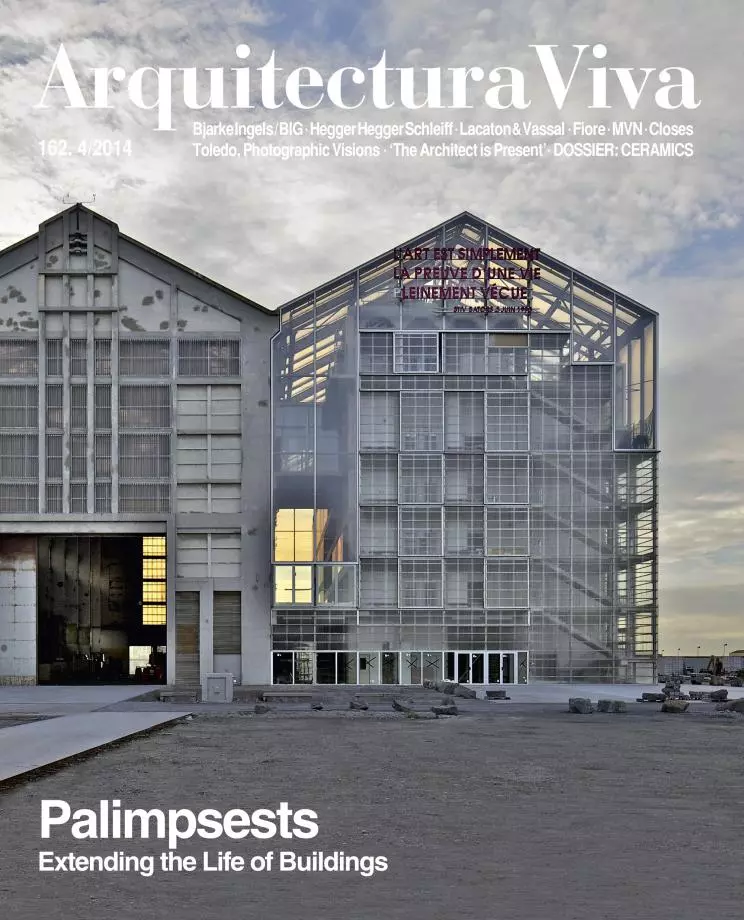
It might first seem like another illustrated book or photo book. Suffice it to recall the visual panoramas published by Alberto Sartoris or the national examples of fotoscops, a work of the Prats-Gomis-Sert (1967–72).
The publication is produced with much care in pocketbook format and with a ‘holy’ look: color purple, missal size. In a way it resembles the travel notebook used by Le Corbusier, among others, to capture visited places and architectures on paper. Inside, Valerio Olgiati presents a collective panorama based exclusively on images as bearers of ideas. Barely 150 introductory words pave the way for an alphabetical array of authors, who show the roots and origins of their buildings through very personal images, not always photographs, which translate interests, obsessions, myths, references, tributes, or intimate pleasures.
The selection of examples is very varied. There are literal references to own works (Pawson) and to faraway ones (Nishizawa). Some series are carried out by the authors themselves (Murcutt), alongside portraits of admired figures (H&dM). One centers on a single motif (Rogers), as opposed to extensive and kaleidoscopic discourses (Venturi). In some cases (Aravena, Siza), the sketch does not find a valid substitute in the image.
One’s final impression is not that of a book of more or less beautiful photographs, but that of a work that makes us reflect, that conveys more unknowns than certainties. A book of silences and blank pages that rummage inside the mind of the architects featured.







